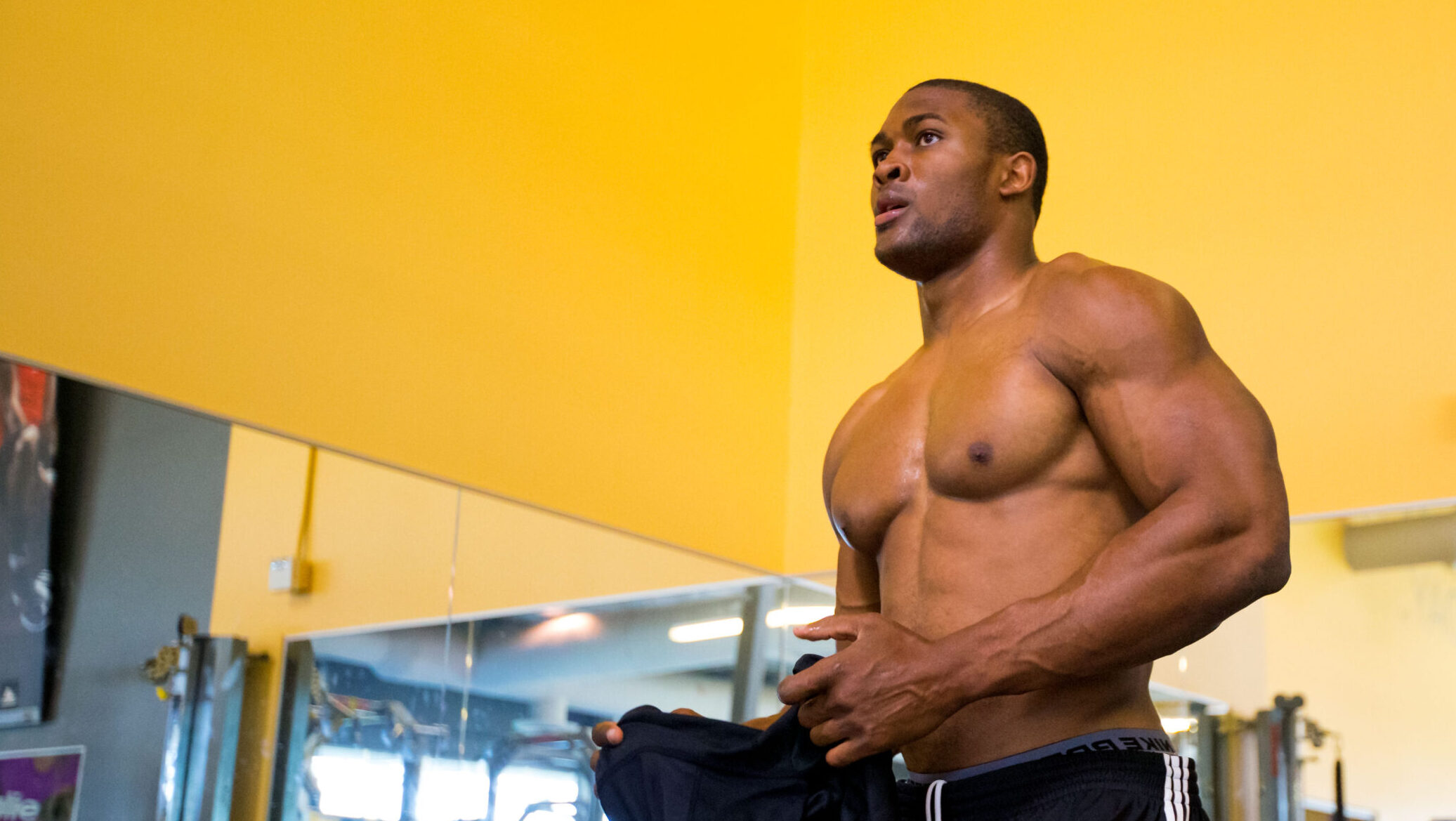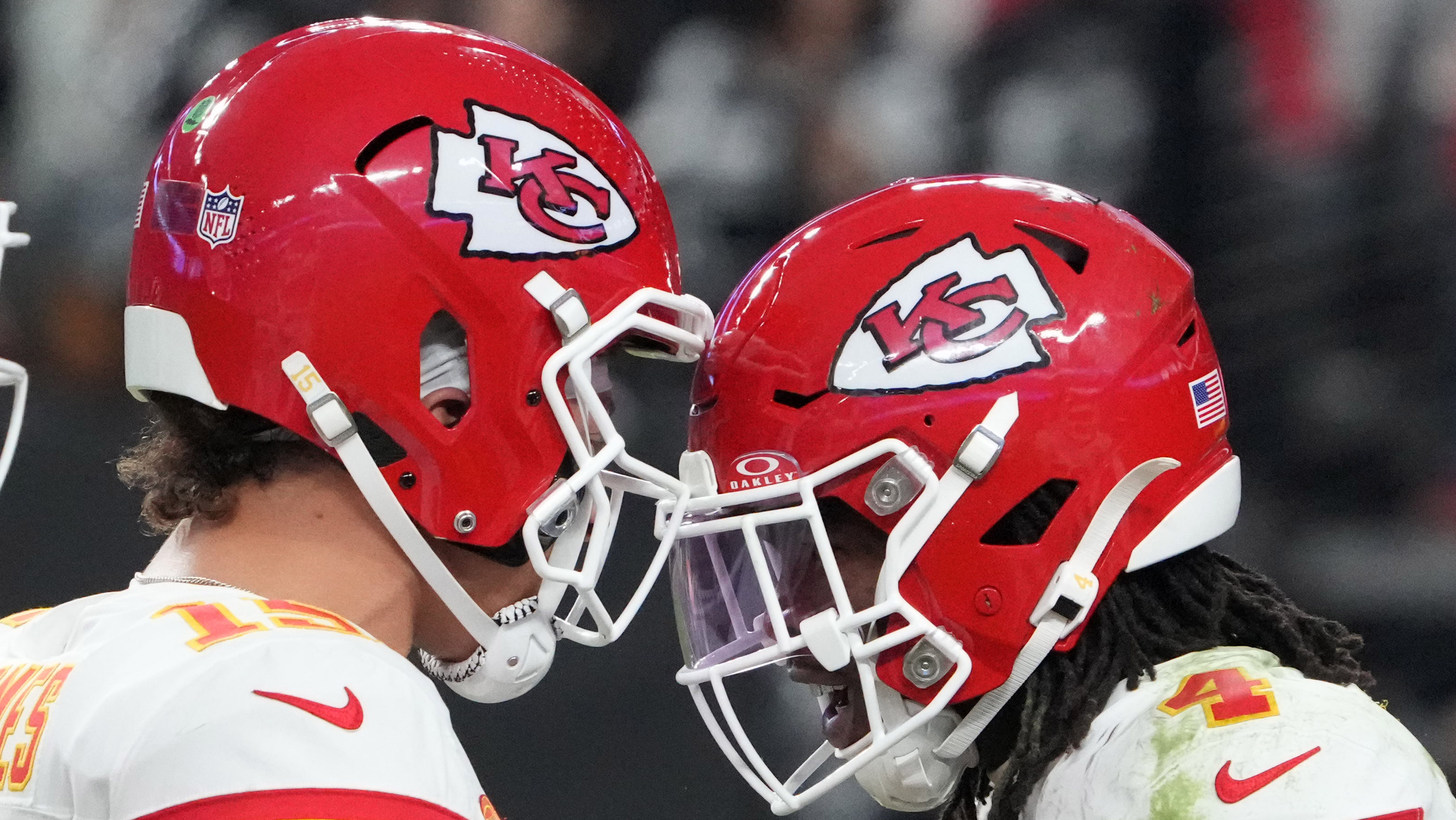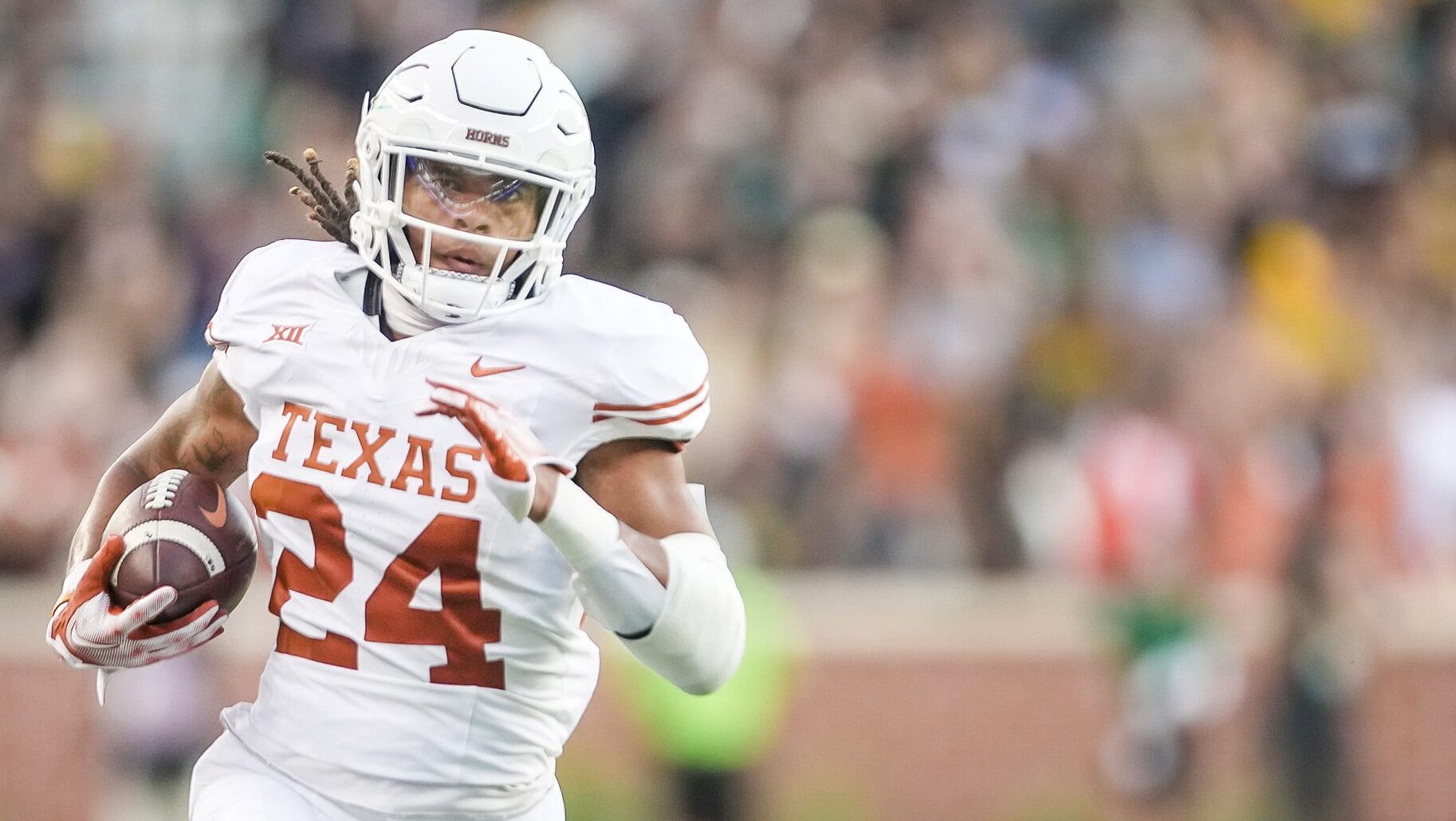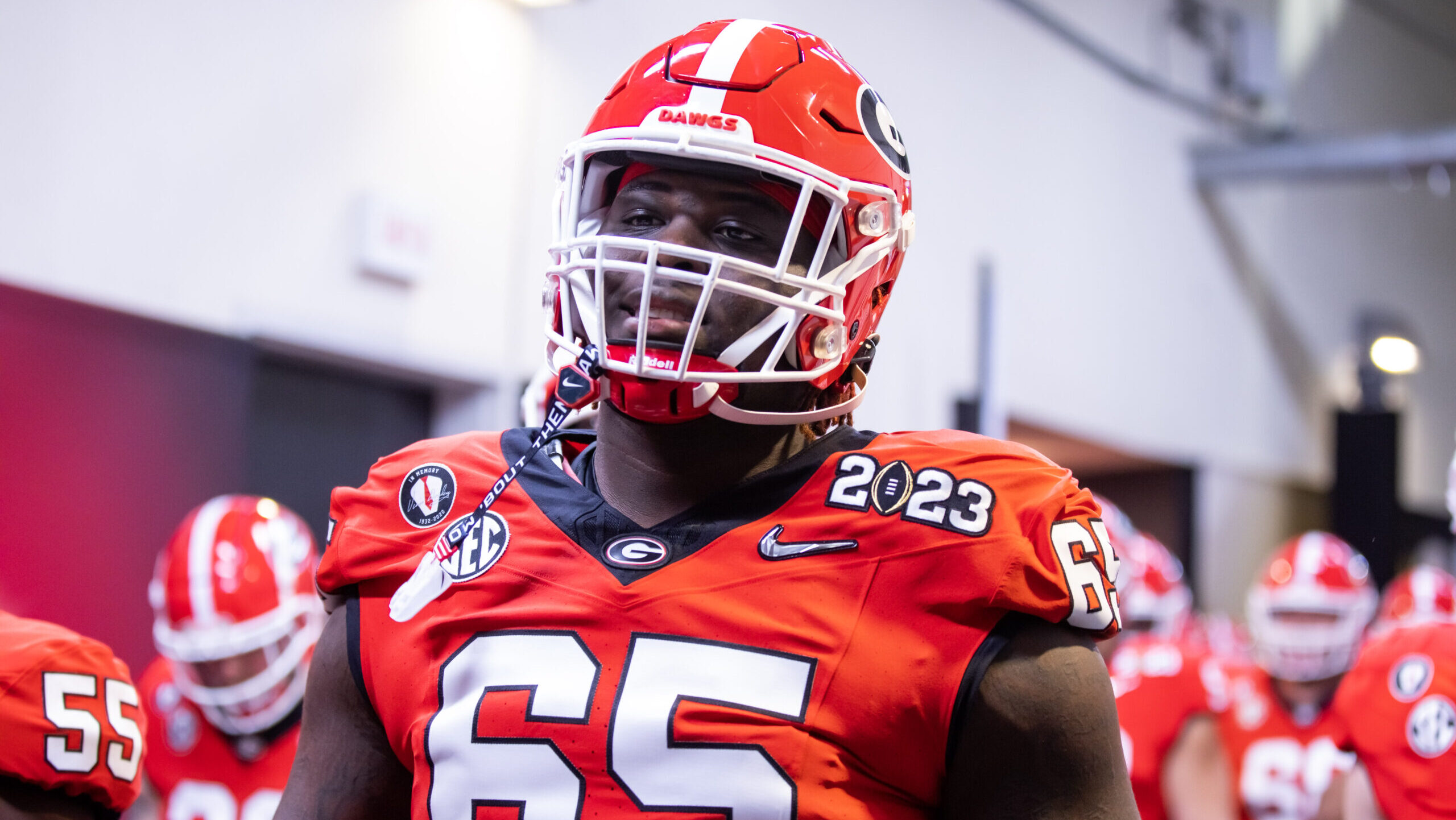Analysis
4/7/21
3 min min read
Did Jets Do Enough Self-Evaluation Before Darnold Trade?

What struck me about the New York Jets trading Sam Darnold to the Carolina Panthers this week wasn’t the draft choice compensation as much as this: What was the process that led to the decision?
Darnold played three seasons with the Jets. The Panthers were able to acquire him in exchange for a sixth-round pick this year and second- and fourth-round picks next year. Not a bad price to take a chance on Darnold possibly fulfilling the potential that made him the third overall pick in 2018. From the Jets’ standpoint, the new regime clearly made the decision that they were not prepared to bet their future on Darnold. What specifically did new Jets head coach Robert Saleh and/or offensive coordinator Michael LaFleur not believe that Darnold could do in early April? More importantly, how did they arrive at that decision with little or no contact with Darnold? Teams right now are rightfully scouring for all tidbits of information as they prepare for the draft, which begins three weeks from Thursday. But evaluating their own players is critical for roster construction.
In 1998, the Baltimore Ravens gave up on Vinny Testaverde and cut him. We signed him at the Jets and went to the AFC Championship Game with Testaverde at quarterback. There are several examples of quarterbacks being discarded by their original teams only to thrive in a new setting. Two relatively recent examples:
-
Ryan Tannehill played with Miami for seven years before the Dolphins traded him to Tennessee, where he has excelled.
-
Drew Brees played his first four seasons in San Diego, but the Chargers opted not to retain him. Brees signed with the Saints and proceeded to carve a path to Canton.
Is Darnold the next young QB who may have a significant career with his new team? He’s certainly not the only first-round quarterback that had a short leash with the team that drafted him. One year before Darnold was drafted, Mitchell Trubisky was the second overall pick in 2017. With the Bears moving on from him this offseason, Trubisky signed with Buffalo to be Josh Allen’s backup. Even if Allen stays healthy and Trubisky spends most of his time on the sideline, it will be interesting to see how he develops under Bills offensive coordinator Brian Daboll.
To that point, could new Jets offensive coordinator Michael LaFleur have coaxed greatness out of Darnold? LaFleur’s brother, Packers head coach Matt LaFleur, has made Aaron Rodgers better. Not a perfect analogy, since Rodgers was already elite, but it speaks to the impact coaching might have on a player.
Clearly, Jets management felt they had a brighter future drafting BYU’s Zach Wilson – the presumptive choice with this year’s second overall pick -- than they would have sticking with Darnold. But what happens if Panthers offensive coordinator Joe Brady is able to bring out the best in Darnold? That will put more pressure on Wilson to succeed – his career, at least early on, will be judged very much in comparison to what Darnold does in Carolina.
Evaluating your own players -- especially when there’s a new head coach/GM -- is a vastly underrated aspect of team building. When Sean McVay took over the Rams in 2017, Jared Goff was coming off a rookie season in which he was 0-7 as the starting QB. McVay wasn’t ready to give up on Goff, and the two at least made it to a Super Bowl before the Rams traded Goff this offseason. Derek Carr was 3-13 as a rookie starter with the Raiders in 2014. Carr has had two new head coaches since then. Both have seen enough to keep the faith in Carr.
In fact, there were some suggestions this offseason that the Raiders were in the market for a new QB – either through the draft or via trade. Unlike the Jets and Darnold, Raiders GM Mike Mayock and head coach Jon Gruden voiced their support for Carr.
Of course, Carr was a second-round draft pick, so there might be less pressure all around because the expectations weren’t as high as when a quarterback is drafted in the first round.
From 2005-18, quarterbacks drafted in the first round have started an average of 4.1 seasons in the NFL. Among all first-rounders in that span, the only positions with slightly shorter starting careers are defensive end (4.03), running back (4.0) and wide receiver (3.84).
In other words, teams will take greater risks on skill positions – but they will also be less patient with those players.
Darnold’s development in Carolina will be fascinating to watch -- especially compared to Wilson’s progress in New York.







